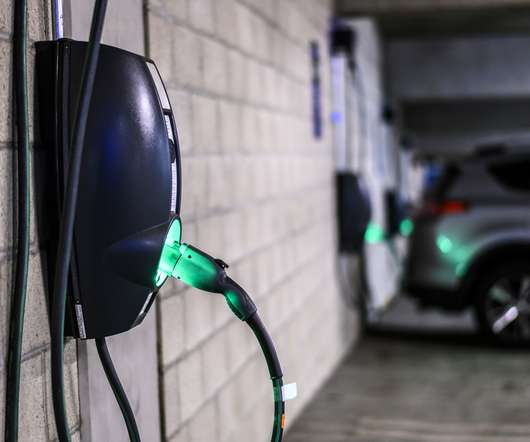Topsoe and First Ammonia sign 5GW electrolyzer agreement for green ammonia
Green Car Congress
SEPTEMBER 16, 2022
The production of 5 million metric tons of green ammonia produced per year would eliminate 13 million tonnes of carbon dioxide emissions annually, the equivalent of taking 9 million gasoline-fueled cars off the road. First Ammonia will operate all its plants dynamically to support existing renewable power markets.












Let's personalize your content